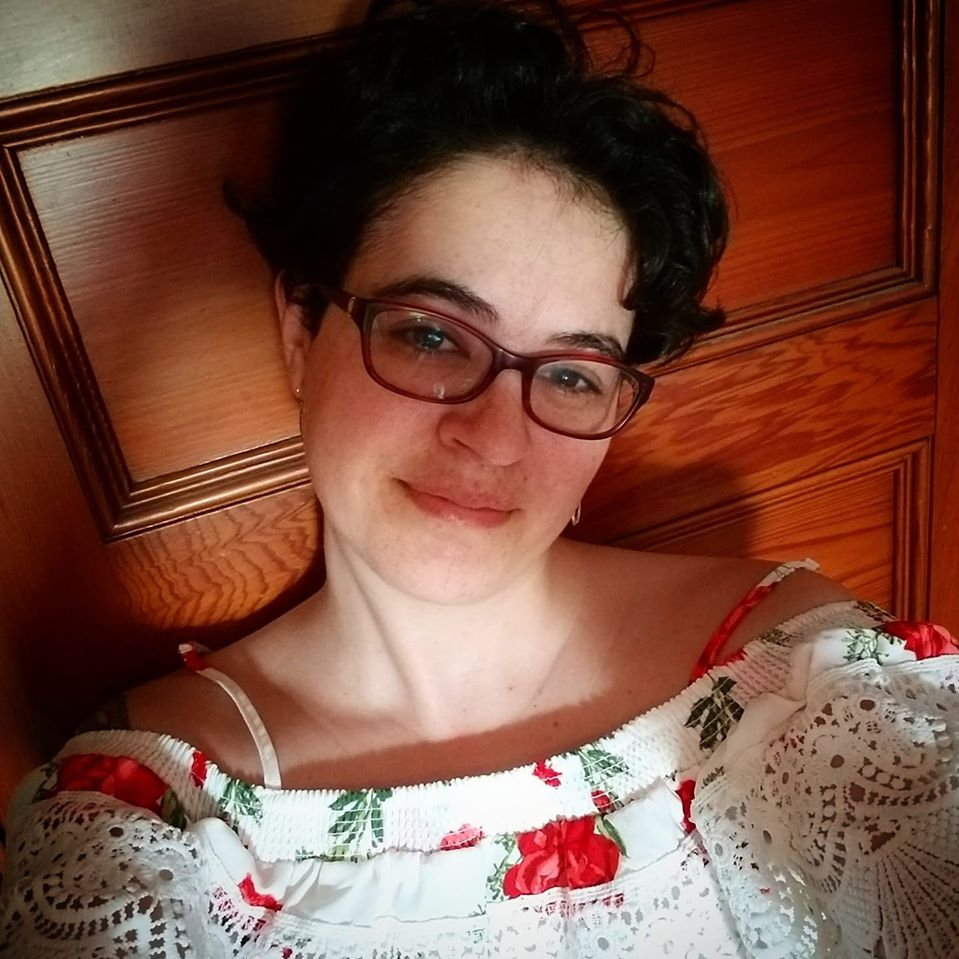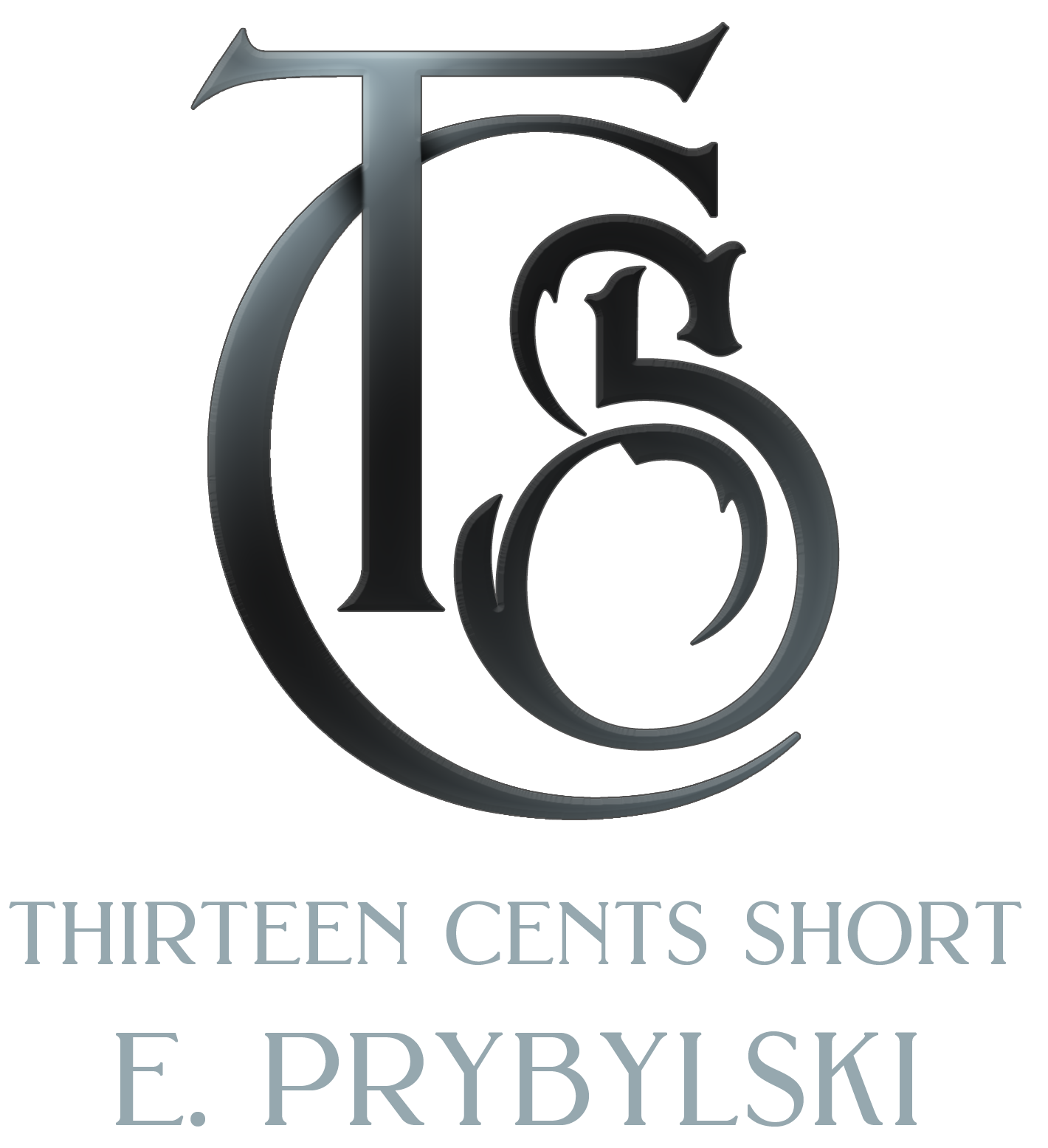A lot of writers I meet talk about how they aren’t sure they can write because they have ADHD, dyslexia, or various other learning disorders, neurological conditions, or other such difficulties that impact their ability to write. With that in mind, I thought I’d write about how I do it because I am neurodivergent and have multiple physical difficulties that heavily impact my ability to write. I am also dyslexic and dyscalculic.
Let me say that again: I am dyslexic, dyscalculic, have ADHD, and various physical disabilities that seriously impact my ability to write and function, but I have managed to find ways to write. I’m not saying this to shame you but to encourage you. There are ways. You don’t have to give up your dreams. As such, this blog is going to be broken down into a few different segments. While I cannot address all forms of disabilities or impairment here, I’m going to give you the strategies I’ve used that help.
Coping with ADHD
ADHD is a constant in my life. I have medication for days when I really need to zero in, but for the most part I’m unmedicated. This means my attention bounces around like a ping pong ball having a sugar rush at times. It is a challenge to manage when it comes to zeroing in to write. While my coping methods won’t work for everyone, I can tell you what I do that helps, which may make a difference for you.
- Focus Mode
Focus mode in my writing software is a lifesaver. It makes my writing application (QuollWriter or Word) take up the entire screen, hides the taskbar, and blocks out notifications. I can block out all the distractions of my PC and write.
- Music
I listen to music a lot when I write. It helps occupy the part of my brain that needs extra stimulation. It’s the same reason I played Solitaire or Mahjong in class in college during lectures. I was listening and taking notes, but I needed something else to do to help me focus. My professors didn’t understand, and I got a lot of crap for it, but it worked.
I choose music with no lyrics or music with lyrics in languages I don’t speak so I don’t get distracted. Bonus points, I usually match the feel of the scenes I’m working on to my music choices. It helps with immersion. - Routines
Creating a routine around your writing can be really important. It doesn’t have to be a set time of day if you can’t make that happen (I can’t), but you can have a specific drink, open your software and notes in a specific order, listen to a specific playlist, do a few stretches…whatever your routine looks like, build one. It helps your brain click over into writing mode because it knows that’s what’s coming. Routines are really important for ADHD folks anyway, so developing one for writing can be very helpful. - OUTLINES
While I am likely to get screaming from the pantsers out there, I have found that there is nothing more valuable to my writing than an outline. It means that when (not if, but when) I get distracted by a new shiny scene or character I don’t forget the plot I was working on. I can refer to it and ensure I am still hitting the beats I need to. I use the Beat Sheet to outline my books, so it’s not a play by play, but I still have a general idea of where I’m going when. - Boundaries
Since it’s so much easier for us to get distracted, set boundaries. Tell people you’re busy, shut off notifications on your phone, and drown out the world with noise-canceling headphones if you have to. If you have distractions every three seconds, you’ll never get any words down, and trying to reclaim your headspace once it’s been broken is a disaster.
- Be Careful With Hyperfocus
Hyperfocus can be your friend when you want to deep dive, but make sure you don’t just give in and forget to eat/drink/use the bathroom, and if you don’t moderate it, you’ll end up with burnout faster than your brain switches topics when you’re trying to go to sleep. Use timers and remind yourself to take breaks. I like the Pomodoro Timer method, which does chunks of 15-30 minutes. But you can use whatever time works for you.
Writing With Dyslexia/Dyscalculia
Dyslexia can be a real beast, but there are ways you can get around having your words scramble like you dumped out a box of Scrabble pieces. I won’t pretend it solves the problem entirely, but you can make your work more readable for yourself while you work, and you don’t need to give up.
- Fonts
While your mileage may vary, I find that certain fonts are dramatically more readable than others. I particularly like Georgia and Cambria. I find the serif fonts are easier on my dyslexia, and you want the space between the letters to be a little bigger. It will help with character recognition for you. - Double Space
Double-spacing a manuscript may offer you a little more of that extra room on the page and help you stave off the feeling of drowning in letters. It makes your life a little easier when you’re working with things. Again, at least for me. - Shorter Paragraphs
One of the biggest issues I have with my dyslexia is long paragraphs with no breaks. If there’s a paragraph that’s longer than 3-5 lines, I’m doomed. I need to use a ruler to separate it out from other paragraphs, and doing that on my Fire tablet or my computer screen is hard. As such, I tend to write shorter paragraphs because it’s how I read best. - Read Aloud Software
Many people don’t know this, but Word has a built in function to read the contents of a document to a listener. It’s hardly the most exciting audiobook you’ve ever heard, but it will allow you to review your writing if you’re having a day where your eyes cross and everything’s a mess. - Have Someone Else Check Your Chapter Numbering
While this is more true for dyscalulic folks than just dyslexic folks, I cannot parse a chapter structure, and if I get off somewhere, I’m doomed. My editor knows this, so she handles the chapter numbering for me if I make a mistake somewhere.
It’s a huge problem for me because I just cannot manage numbers. As such, when typesetting, I rely on my typesetting software to add page numbers for me and other people to make sure the chapter numbering is correct.
Writing With Physical Disability
While there are a million physical disabilities out there, I struggle with two specific ones: Ehlers-Danlos Syndrome and chronic migraines. I have a dear friend with nerve damage to one of his hands, so he can’t type. I know people who have carpal tunnel and can’t type either. There are a lot of physical disabilities out there, but there are also a huge number of accessibility options in the world.
If you cannot type for whatever reason, you can try using software like Dragon Naturally Speaking or, again, Word has a diction function. There are also apps on the phone that will let you dictate your stories, papers, and ideas. It takes some getting used to and sometimes results in irksome errors, but once you learn how to use dictation software, you can do a lot with it. Also, some software allows you to control your entire computer by voice, so you don’t need to use a mouse or keyboard much if at all.
With disorders that come with severe pain, you may need to lower your word count goals. The average suggested daily wordcount is around 1,000/day if you can manage it (that’s about two non-double-spaced pages in Word). However, if you deal with chronic pain and brain fog, maybe you can only manage a hundred. Heck, maybe you can only do a sentence on a bad day.
That is enough.
I’ve needed to take breaks for weeks because of pain flares, and sometimes that’s just reality. However, it doesn’t mean we cannot write professionally. It just means we won’t bang out a book every few months. You can learn what your body will let you do and work within that structure. It’s okay to be slow at it. It’s okay to not be prolific. You can still write. Dictate your stories to your phone if you have to, but you don’t have to suffer alone with those stories stuck in your brain.
Dealing With Ableist Nonsense
There are a lot of memes out there and “inspirational quotes” and people saying things on Twitter or Facebook or Instagram etc. who have good intentions. There is so much out there that talks about how if you don’t write every day or don’t conform to “x, y, z” criteria, you can’t be a writer. Or you just don’t “want it enough.”
Listen, we already have enough crap as folks with disabilities. We face social stigmas, issues with doctors, marriage inequality (because if you marry, you lose your benefits a lot of the time) and with places and activities being inaccessible to us. Don’t let them try to take writing from you too.
Whether you’re dealing with well-intentioned but ignorant advice or memes that, if you really considered the content, are damaging to disabled folks, we’ve all seen it. Heck, I’ve had people give me looks when I use mobility aids because nobody believes that I, at thirty-five, need a cane. I’ve also had people be incredibly kind to me, too, but there are always the jerks.
As a disabled person and a writer, I can tell you that writing is something you can do if it’s in your heart. You might need accessibility software, need to write at a different pace, or need other accommodations, but you can still do it. Imagination is one thing that the world can’t take from us. Even as my body falls apart, and my other hobbies and passions become inaccessible to me, nothing can ever take my imagination. So that’s what I use.
Never let anyone tell you that you can’t be a writer because of your disability. If your writing is awful? You can learn. But your disability doesn’t have to be the thing keep you from writing.
I believe in you.

E. Prybylski has been in the publishing industry as an editor since 2009, starting at Divertir Publishing and eventually partnering with her close friend Richard Belanger to begin Insomnia Publishing.
Ever since childhood, E. has been an avid reader and writer of fantasy. The first chapter book she remembers reading is The Hobbit, followed swiftly by most of Anne McCaffrey’s Pern series. In high school, she perfected the skill of walking while reading without slamming into anyone. Mostly.
When she isn’t reading or writing, E. is an active member of the Society for Creative Anachronism and has a B.A. in European history from SNHU. In addition to her many historical pursuits, E. is a musician of multiple instruments, a cat mom, and a loving wife to her husband, J. E. also speaks out for the disability and chronic illness communities being a sufferer of chronic migraines and Ehlers-Danlos Syndrome.
